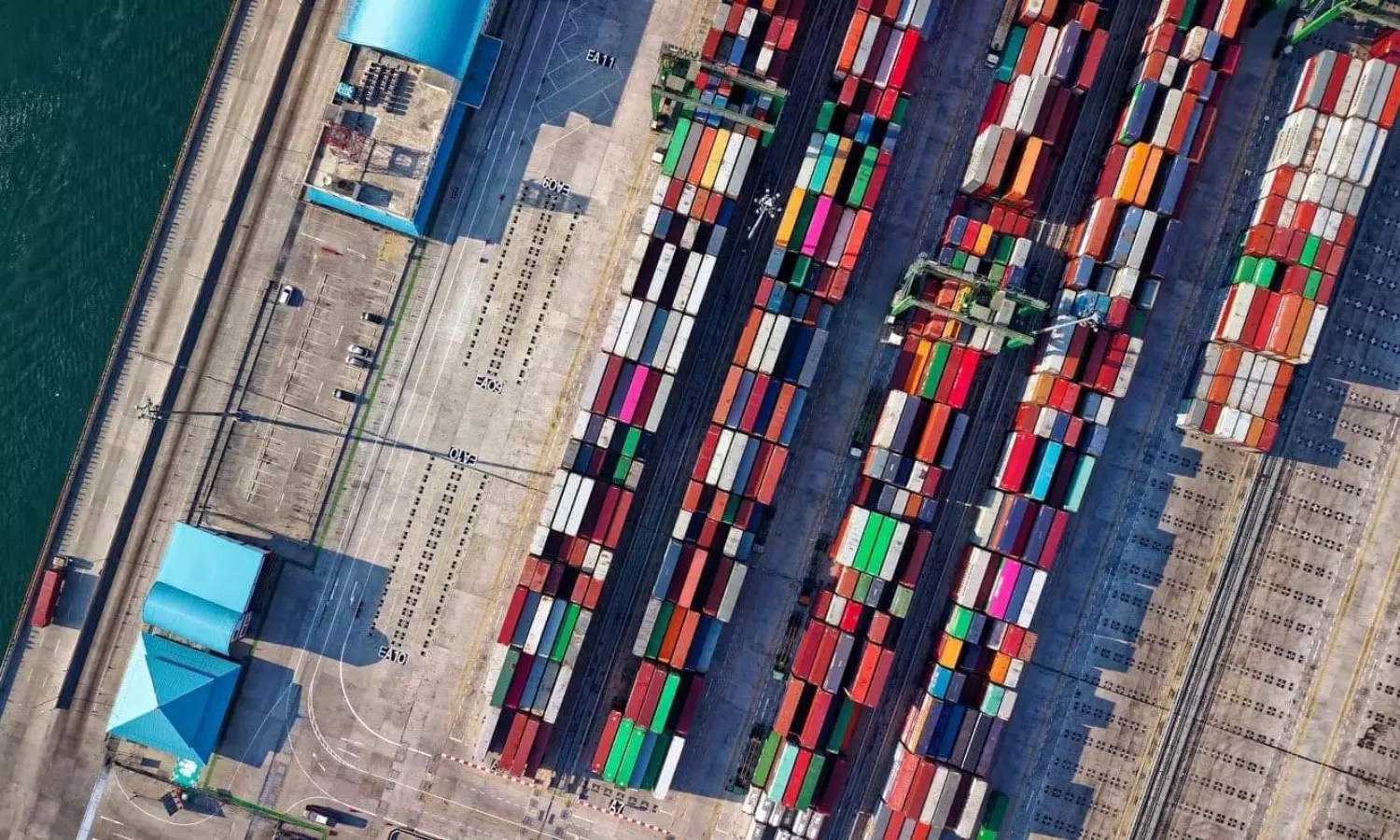Transport Evolution Africa 2022 to be held from Sept 28-29 in Durban
Unlocking the value of connectivity through digital transformation – one of 3 core themes at 10th edition of Transport Evolution Africa Forum and Expo

Infrastructure and the harmonisation of logistics will make the AfCFTA fly, including simplicity of moving goods, automation, services across countries and cross-border clearance processes, among other challenges hampering trade.
The United National Conference on Trade and Development (UNCTAD) says Africa's untapped export of $31 billion can be achieved if Africa implements partial tariff liberalisation under the African Continental Free Trade Area (ACFTA) Agreement over the next five years. Currently, trade between African countries comprises 61% of processed and semi-processed goods.
Infrastructure and the harmonisation of logistics will make the AfCFTA fly, including simplicity of moving goods, automation, services across countries and cross-border clearance processes, among other challenges hampering trade.
According to Jürgen Maier, Owner of Mobility Advisors in Switzerland and Partner and Adviser at the Transport Evolution Africa Forum and Expo 2022, automation is one of the key areas to increasing Africa's transport efficiency and customer orientation. However, in order to achieve the full benefit of automation, the industry must ensure that it incorporates the following trends into a comprehensive and collaborative growth strategy.
Data as the basis for digitalisation: Using digital solutions such as sensors and communication channels with receivers (for example, 4G, 5G, 6G, Ethernet, SAT-KOM etc.), customer information can be used and integrated into a data eco-system to improve automation and connectivity.
Real-time communication at company level: All players within a transport value chain – be they customers, drivers, dispatchers or administrative staff - should be able to receive all relevant company information and documentation in real-time.
Shorter delivery times: The rise of 24-hour delivery has fundamentally changed consumers' expectations. As a result, carriers must meet these new demands without passing on all the additional costs associated with this increased speed.
More environmentally friendly solutions: Transport-related greenhouse gases account for a significant proportion of harmful emissions worldwide. Amid rising resource consumption, transport businesses need to ensure that they adhere to new sustainability requirements while exploring 'green logistics' solutions to reduce CO2 emissions.
The expansion of urban logistics: In order to cover the famous last mile without increasing costs, the CO2 balance or additional noise emissions, urban logistics is another very critical solution approach. Maier says this often-forgotten logistical link will be an indispensable factor to meet future demand from consumers and e-commerce providers.
"What's still missing is a clear, legal master plan that defines benchmarks and framework conditions and serves as a starting point for sustainable, cost-effective, coordinated, and successful development," adds Maier. "This plan should cover automation, processes, digitalisation as well as legal and technical harmonization. Most importantly, for automation to fulfil its full potential, the overall system needs to be co-developed on common principles, not just at a national level, but in partnership with AfCFTA."
All these will be discussed at Transport Evolution Africa 2022
Unlocking the value of connectivity through digital transformation is one of the three core conference themes at the 10th edition of Transport Evolution Africa Forum and Expo, which takes place on 28-29 September at the Inkosi Albert Luthuli ICC Complex in Durban. Visitors can also attend free sessions about sustainable mobility and energy efficiency and listen to the latest developments on the African Continental Free Trade Area (ACFTA) Agreement. The forum will be initiated by Host Ministries Fikile Mbalula, Minster of the Department of Transport, South Africa, and Ebrahim Patel, Minister of Department of Trade, Industry and Competition, South Africa.
In his presentation on the convergence between EU trade policy and the AfCFTA process, Robert Cecutti, Head of the Trade and Economic Section, Delegation of the EU to South Africa, will cover look at the challenges and opportunities for mutually beneficial economic cooperation between the EU and Africa created by AfCFTA.
He said, "The EU fully supports all endeavours aimed at strengthening economic and trade integration in Africa, both at the regional and continental level. We are already supporting the AfCFTA process in multiple ways, through technical, political and financial means. In addition, the EU recently launched its "Global Gateway Strategy" to enhance connectivity between the EU and the world. Africa has a special place in this strategy, with priority investments going into transport, digital, climate and energy, health and education/research, all driven by the need to fight climate change, ensure global health security, sustainable development and strong supply chains."


